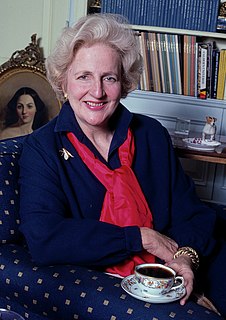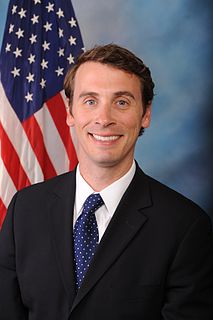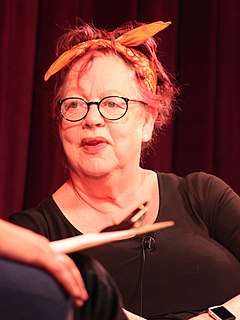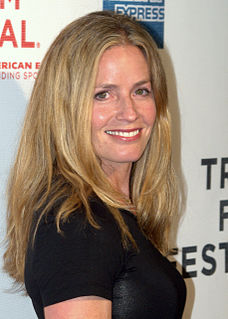A Quote by Letitia Baldrige
I talk about beepers going off in the middle of a concert and people being late and not apologizing, and people not RSVP-ing, and adult children going back to live with their parents, which we didn't have in the '60s and '70s.
Related Quotes
And that's the one thing that people do not understand is that we have very low interest rates and if those go back to historical levels or even go back to scary thoughts that they're back in the late '70s, early '80s, then that's going to really be hard to actually pay off those debts. It's going to be a - it's going to be a very big problem.
When I began writing poems, it was in the late 60s and early 70s when the literary and cultural atmosphere was very much affected by what was going on in the world, which was, in succession, the civil rights movement, the antiwar movement, and the women's movement in the 60s, 70s, and into the early 80s. And all of those things affected me and affected my thinking, particularly the Vietnam War.
I think it's true about people now being closer to their parents, since the '60s, really. The parents are no longer from a different planet, the 1950s ideas of American family. We could be friends with our parents. After the '60s, it wasn't like a person smoking pot was what the parents would be appalled at.
I've always been on the outside of all that political stuff so I just sort of watch it and I'm appalled and I think people should be screaming about a lot of things right now and they're not. They're just letting everything happen. I don't know. At some point the wheels are going to come off and we're going to have a real problem. The people are going to get angry and it's going to be too late.
Inherent in being proactive and trying things and not waiting to be told what to do is the fact that you're going to fail, you're going to make mistakes, and you're probably going to piss people off. And if you're not pissing people off, if you don't have haters, if you're not putting yourself in a situation that has some risks associated with it, you're probably not going to realize your full potential.
In the first batch of readers, back in the '60s and '70s, the criminal class was still literate, so I would get letters from people in prison; they thought that I was somebody whom they could shop-talk with, and they would tell me very funny stories. I got a lot of those. Guys who were going to wind up doing 10 to 15 for bank robbery, yes, were reading my books.
I think, at the end of the century we'll have a generation of parents and a generation of children who won't have had the deep satisfactions of being parents and being children in the way that they might have and are going to spend a lot of time fretting and worrying and being hovered over for nothing. The question isn't so much "What will happen in the long run?" but "What's happening to people's lives right now?"






































